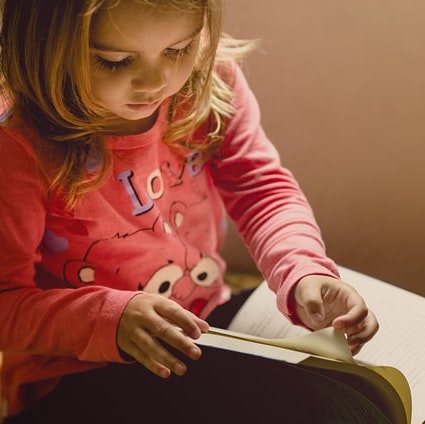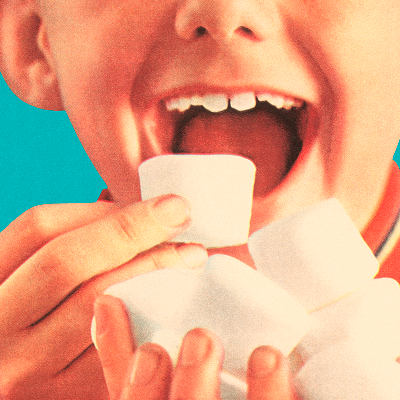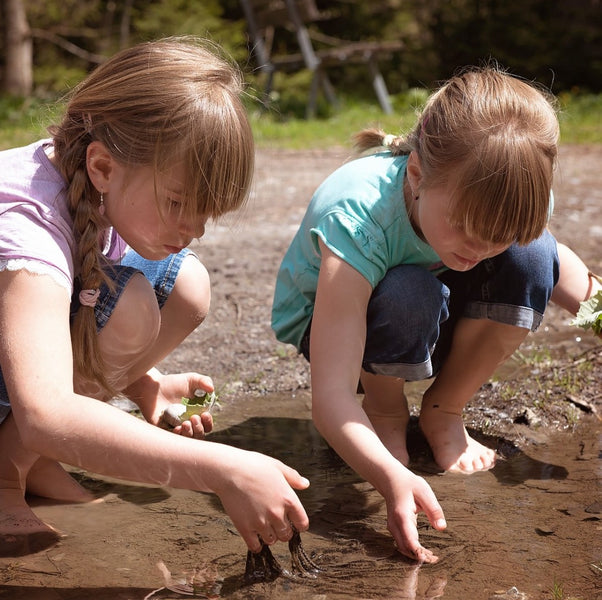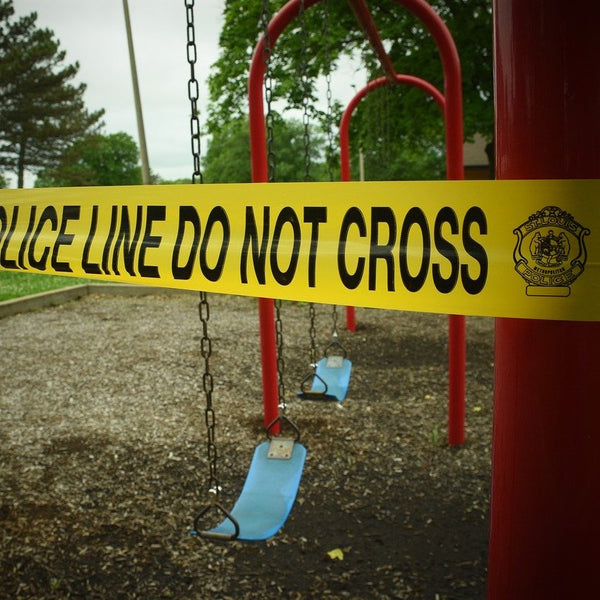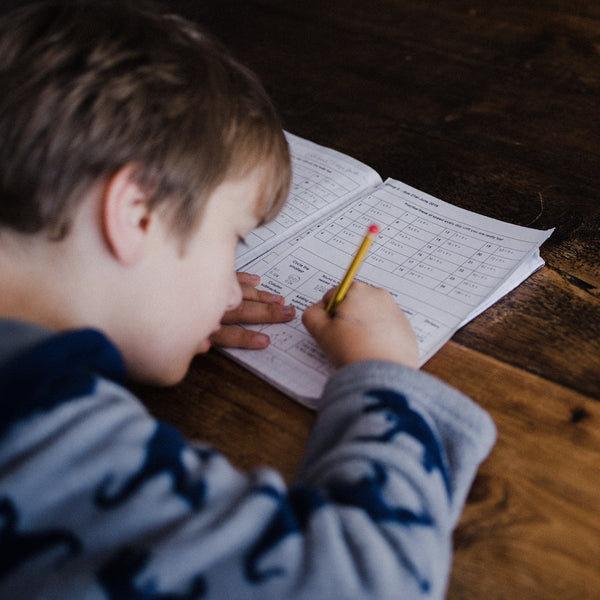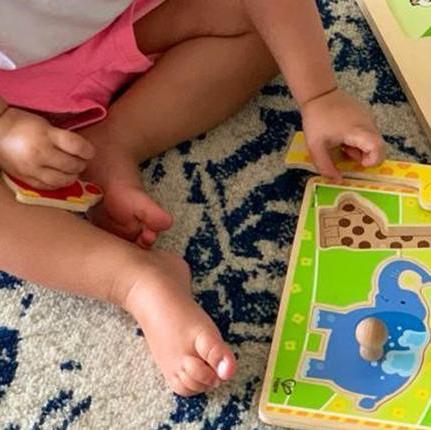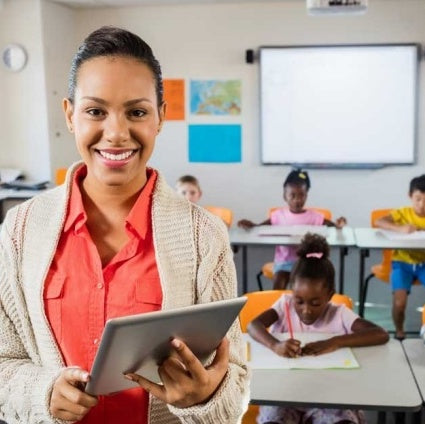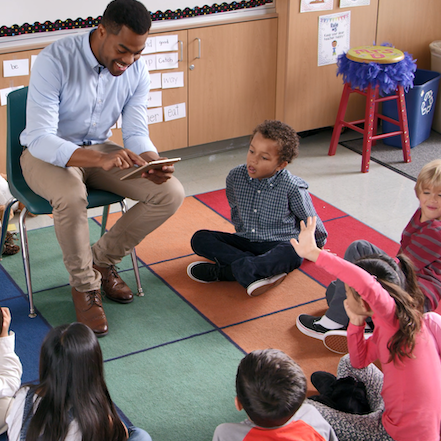Research -- StepUp to Learn
Leaving Kids to Fight It Out On Their Own
Zero to minimal intervention during conflict among children is a characteristic of the mimamoru approach practiced in Japanese schools to foster the voluntary participation of kids in their learning.
Sport May Fast-Track Numeracy Skills for Indigenous Children
Greater sports participation is linked with better academic performance, according to new research from the University of South Australia.
Less than Ideal Start in Life: What Next?
The early talk and communication that children experience when very young, though essential in preparing them for school, has no direct impact on their reading and writing skills by age 11.
Children Will Wait to Impress Others—Another Twist on the Classic Marshmallow Test
When it comes to self-control, young children are better able to resist temptation and wait for greater rewards if they take into consideration the opinions of others, a new study finds.
Playfulness Can Be Trained - Here's Why You Should Do It
Playfulness is a personality trait that is expressed differently in people. "Particularly playful people have a hard time dealing with boredom....
Young Children Would Rather Explore Than Get Rewards
Young children will pass up rewards they know they can collect to explore other options, a new study suggests. Researchers found that when adults and 4- to 5-year-old children played a game where certain choices earned them rewards, both adults and children quickly learned what choices would give them the biggest returns. But while adults then used that knowledge to maximize their prizes, children continued exploring the other options.
Playtime with Dad May Improve Children's Self-Control
Children whose fathers make time to play with them from a very young age may find it easier to control their behavior and emotions as they grow up.
Child's Play 'Lost' in Pandemic Fear
Social and community disruptions caused by the COVID-19 restrictions could have a lasting effect on child wellbeing, Flinders University researchers warn.
Study Finds Government Policies Push Schools to Prioritize Creating Better Test-Takers Over Better People
Personal growth and job skills have taken a backseat to an increased focus on standardized test scores in schools across the nation, according to new research.
'Terrible Twos' Not Inevitable: With Engaged Parenting, Happy Babies Can Become Happy Toddlers
Parents should not feel pressured to make their young children undertake structured learning or achieve specific tasks, particularly during lockdown. A new study of children under the age of two has found that parents who take a more flexible approach to their child’s learning can - for children who were easy babies - minimize behavioral problems during toddlerhood.
Rethinking Role of Technology in the Classroom
Study finds added access can lead to decrease in students' academic motivation. Engagement "is more than a matter of providing children with access to the latest electronic devices."
Screening Kindergarten Readiness
Researchers at the University of Missouri College of Education have found that a readiness screener can predict kindergarteners’ success in school after 18 months.



